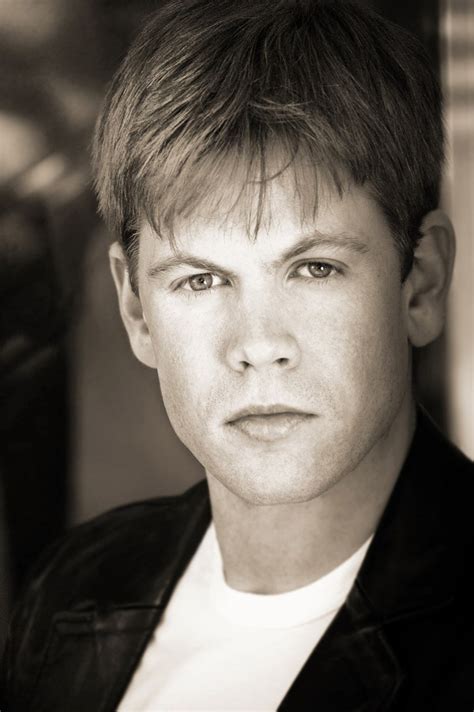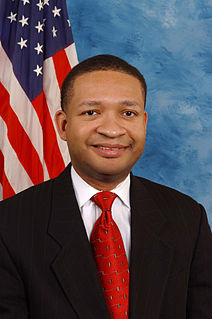A Quote by Rand Paul
I think what happened during the Great Depression was that African Americans understood that Republicans championed citizenship and voting rights but they became impatient for economic emancipation.
Related Quotes
I don't know what's going to happen. But I will say this, you're going to have a lot of very unhappy people. And I think, frankly, for the Republicans to disenfranchise all those people because if that happens, they're not voting and the Republicans lose. If they - if the Republicans embraced these great people that are showing up, the Republicans are going to have a massive victory.
It's troubling that by eliminating weekend voting hours, the state of Ohio specifically banned a popular voting time of choice for minorities. In Cuyahoga County, which I represent, 56 percent of weekend voters in 2008 were African American while adult African Americans comprise 28 percent of the county population.
Sure, there's a chunk of African-Americans out there who associate the Republican Party with racism, frankly particularly in the Deep South. It's an unfair perception, but it exists. Over a period time, that perception will die away if Republicans are focusing on issues that happen to impact African-Americans.
I don't think there are any pure Africans of the African Americans, but the African part of our history was pretty much taken away from us during slavery, so the 60s gave us a chance, because of the civil rights movement, to kind of re-examine and make some sort of formal connection to our African-ness.
































